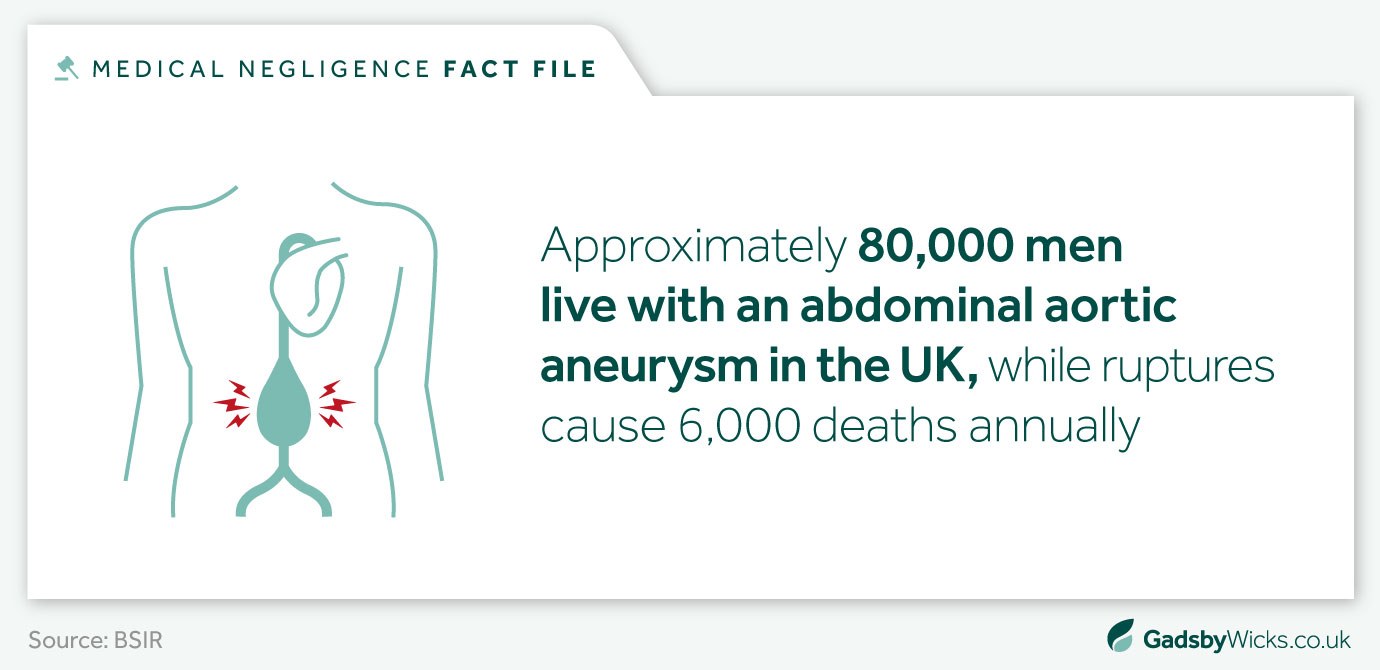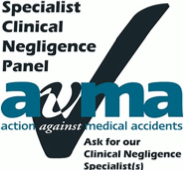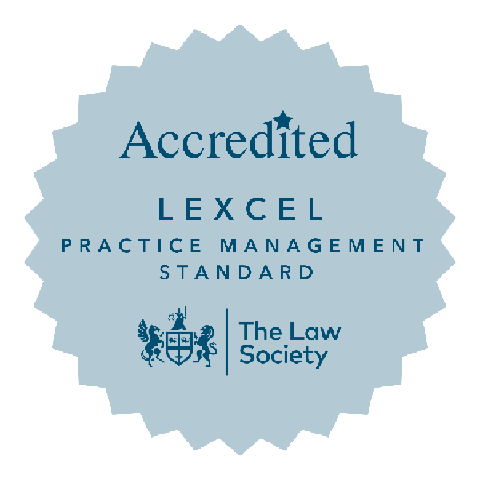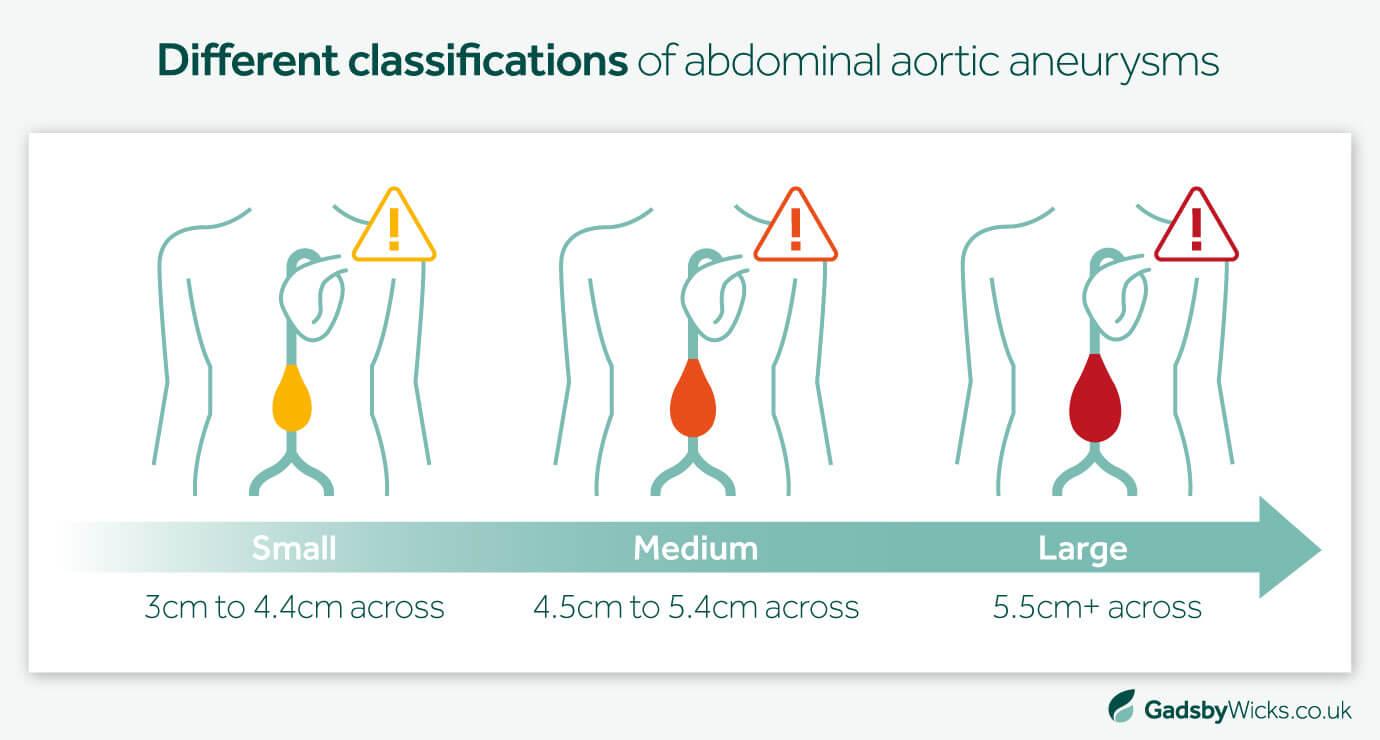- Home >
- Aortic Aneurysm Claims
Medical professionals must carefully diagnose, monitor and manage aortic aneurysms. If mistakes are made at these crucial moments, they can have a life-changing impact on someone’s life and their loved ones.
If you or someone you know has suffered or tragically lost their life to substandard care, you may be entitled to compensation, answers and justice. With over 30 years of aortic aneurysm claims experience by your side, you can rely on our solicitors to pursue the closure you need to turn the page on this difficult chapter.

Do you have an aortic aneurysm claim?
Aortic aneurysms can cause harm even when clinicians do everything right. But when the care you or your loved one received fell short, and this led to a poor outcome, you may have grounds to make an aortic aneurysm claim.
Misread CT scans. Poor monitoring. Unjustifiable surgical errors. No matter how you or your loved one's treatment went wrong, you can depend on our decades of clinical negligence expertise to reach the best possible outcome for you and those you care about.

The specialist aortic aneurysm claims solicitors for Essex & East Anglia
Since 1993, we have helped many claimants affected by substandard aortic aneurysm care recover the damages they are owed, and get the answers they need to get closure.
Whether you sustained an injury yourself, or someone you care about died due to negligence, we will leave no stone unturned and investigate all evidence to achieve the right result. By working on a ‘no win, no fee’ basis and resolving 96% of our cases outside of court, we are committed to making your claim as stress and risk-free as possible.
What does our aortic aneurysm claims process look like?

A free initial consultation
Call us, request a callback or complete our online form and we’ll assess if you have a valid medical negligence claim.

Funding your claim
Discover the ways we can fund your claim without you paying a penny at any stage of the process.

Investigating evidence
We gather medical records, witness statements and more to learn what happened to you and prove your claim.

Instructing independent medical experts
We work with impartial, experienced medical experts to establish whether your injuries were due to substandard medical care.

Valuing your claim
We assess your health and financial losses to accurately estimate how much compensation your claim is worth.

Presenting your case
We contact the Defendants and the Courts on your behalf to set out your allegations and receive a response.

Negotiating a settlement
We work to achieve a fair settlement for you outside the courtroom – this is how 96% of our cases end.

Preparing for Trial
If we must proceed to Trial, we fully prepare you for what to expect so you receive the right result in court.
FAQs about aortic aneurysm claims
What is an aortic aneurysm?
The aorta is the main artery of the heart. It runs through the chest and into the abdomen, where it then splits into smaller vessels, playing a crucial role in blood circulation.
An aortic aneurysm is a bulging of the aorta caused by the walls of the vessel weakening. This can allow blood to pool between the inner and outer layers. Over time, the section of the aorta in which this is happening will start to bulge. If this section is in the abdomen, then it forms an abdominal aortic aneurysm (AAA). This is the most common type of aortic aneurysm.

Another type of aortic aneurysm is a thoracic aortic aneurysm (TAA), which is an aneurysm that occurs higher up in the chest.
When an abdominal aortic aneurysm reaches 5.5cm or greater, it is at high risk of rupturing – the weakened wall bursts. A rupture is often sudden and can be fatal. High-risk surgery can be performed, but this still carries a high mortality rate. Approximately 80,000 men live with an abdominal aortic aneurysm in the UK, while ruptures cause 6,000 deaths annually.
You can visit our insights to learn more about the causes of an aortic aneurysm.
What can lead to an aortic aneurysm claim?
The risk of a rupture is greatly reduced when an aortic aneurysm is diagnosed and regularly monitored so that it can be treated with surgery before it becomes too large.
Sadly, this is not always the case, and there are several ways negligent treatment can result in avoidable, devastating outcomes for a patient and their loved ones. These include:
- Failing to diagnose or accurately measure an aneurysm
- Misreading or misinterpreting an ultrasound or CT scan
- Poor monitoring of the progress of an aneurysm
- Failing to take appropriate action based on the size of an aneurysm
- Delayed or incorrect treatment
- Life-changing surgical complications
The most common type of aortic aneurysm claim we deal with in this area is a failure to diagnose an aneurysm when it is small enough to be treated. However, we are experienced in handling any type of medical negligence claim to determine the exact cause.
What impact can negligent treatment have on an aortic aneurysm?
If the actions or inactions of a healthcare professional lead to delayed diagnosis or treatment of an aortic aneurysm, a patient may suffer severe blood loss and organ damage, which can significantly affect their long-term health.
The consequences of these injuries can also have a huge impact on a person’s quality of life. A longer stay in the hospital may cause a loss of earnings, while both socialising and routine tasks can become infinitely more difficult to perform.
Beyond the physical consequences of substandard care, poor treatment can have a devastating impact on a patient’s emotional and psychological wellbeing. For instance, a near-death experience can cause someone to suffer PTSD, something that would have been avoided if an aneurysm had been treated before it could result in a rupture.
There is a high likelihood that a ruptured aortic aneurysm will prove fatal to the person affected, leaving a life-changing impact on their loved ones and dependents.
How can I prove I have an aortic aneurysm negligence claim?
If a healthcare professional fails to deliver care to an acceptable standard, and these actions or inactions result in avoidable injury or loss of life, this may be grounds to pursue an aortic aneurysm case.
However, not every consequence will come as a result of clinical oversight. To determine whether clinical negligence played a part in the treatment you or your loved one received, we will work with you to establish the three key elements needed for any successful compensation claim:
- A healthcare professional breached their duty of care toward you
- You suffered pain and suffering, injury, loss or damage
- The harm you suffered was directly related to the breach of duty
At Gadsby Wicks, we thoroughly investigate all available evidence and talk to trusted medical experts, such as cardiologists and cardiothoracic surgeons, to build an understanding of what happened to you, and achieve the best possible outcome.
How can compensation help me or my family following an aortic aneurysm claim?
The compensation that a claimant receives following a successful aortic aneurysm claim can offer crucial support. In addition to loss of earnings, the settlement awarded can cover the costs of:
- Adaptations around the house
- Carers, cleaners or additional support
- Ongoing psychological and physical therapies
- Equipment for adapted vehicles
- Follow-up surgeries or treatments
Sadly, in some circumstances, negligence in aortic aneurysm claims can prove fatal. While no amount of compensation can replace this loss, it can ease the financial burden on a family in the weeks, months and years after this tragedy. Those who may claim after the death of a loved one include:
- Those named as beneficiaries of the deceased’s estate in a will or entitled under intestacy law
- Those who fall into one of the categories of people entitled to claim a bereavement award under The Fatal Accidents Act 1976
- Those who were dependent on the deceased either for services or finances provided to them at the time of death, or had a reasonable expectation that they would become so dependent in the future
To learn how to claim following a death by medical negligence, read our insights.
How long do aortic aneurysm claims take to settle?
In most circumstances, we would expect a claim of this nature to take between two and five years to reach a final settlement. But no two aortic aneurysm claims are the same, and it is impossible to immediately know how long your claim will take to conclude. Several factors can influence this, such as:
- The stance taken by the Defendants
- The availability of relevant medical experts
- The need for court proceedings
Entrusting your claim to true medical negligence specialists helps ensure that every step of your claim is handled in an efficient, professional manner. We know who to contact and what is required at each stage to make the process as streamlined as possible.
Contact our expert aortic aneurysm claims solicitors
If you or your loved one has suffered injury or loss from substandard aortic aneurysm treatment, speak to someone about your options – our team is here to listen and advise your next steps.

Lexcel accredited medical negligence claims solicitors
We are proud to be a Lexcel-accredited practice. The accreditation is a mark of quality and comes directly from the Law Society.
A recent assessment described us as a “Centre of Excellence” and we continue to operate to the highest standards across all main areas of our field. These include client care, case management, financial management, structure and strategy, people management, risk management, information management and file management.




Industry Recognised


